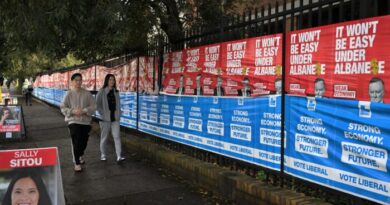Teaching Canadian History in BC Schools: Exploring the Dark and Brighter Chapters
Commentary
President Trump’s tariff war has heightened tensions between Canada and the United States. Many Canadians are demonstrating their support for our country by displaying Canadian flags and purchasing Canadian products.
Part of national pride involves comprehending the history of our country, both the positive and negative aspects. This necessitates providing students with an accurate and well-rounded understanding of Canadian history. Unfortunately, this is not as common in our public schools as it should be. Instead, many schools propagate a distorted version of Canadian history that emphasizes our failures rather than our achievements.
The Grade 9 and Grade 10 social studies curricula also include requirements to study past discriminatory policies, repeating the same examples. Consequently, B.C. teachers adhering to the curriculum will educate students about these dark periods in our history at least three times during their schooling.
Essentially, although some diligent history teachers may ensure that students learn about positive events in our history (such as aiding American slaves during the Civil War, substantial contributions in both world wars, and standing against apartheid in South Africa), the B.C. curriculum does not explicitly mandate it. In fact, teachers could present a skewed version of history without contradicting the social studies curriculum.
Clearly, the B.C. social studies curriculum does not offer a comprehensive and balanced depiction of Canadian history. People will not take pride in our country if they perceive it as a genocidal state built on settler colonialism. While Canada has made mistakes, there are also numerous positive aspects of our history that are worth exploring.
To resist being overshadowed by the United States, we should avoid disparaging our own country and ensure that students learn about the positive aspects of Canadian history, not just the negative.
Michael Zwaagstra is a public high school teacher and a senior fellow at the Fraser Institute.
Views expressed in this article are opinions of the author and do not necessarily reflect the views of The Epoch Times.





